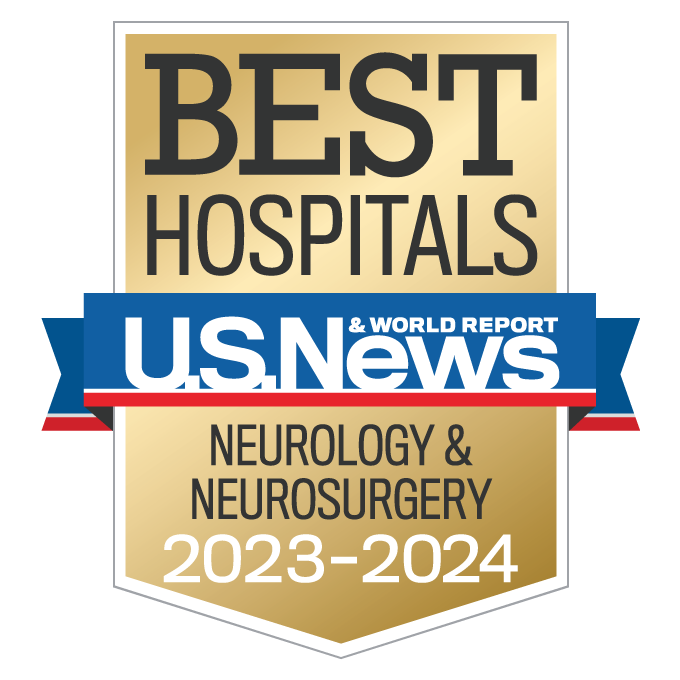Adult Down Syndrome Care
Adults with Down syndrome sometimes experience changes in cognition or behavior. If you are concerned about such a shift, turn to our neurologists at UC San Diego Health for an evaluation.
Down syndrome is the most common genetic cause of learning disabilities in children. It occurs when an individual has three, rather than two, copies of chromosome 21.
This additional genetic material alters the course of development and puts children with Down syndrome at risk for a number of health problems during childhood and later in life.
Treatment and Research
People with Down syndrome typically also have mild to moderate cognitive impairment. We partner with national and local advocacy organizations and community agencies to provide medical care for adults with Down syndrome who are experiencing cognitive changes due to health issues or aging.
We also conduct research studies and clinical trials, and provide assessments and resources for people with Down syndrome.
The UC San Diego Down Syndrome Center for Research and Treatment is one of the first programs in the country to connect academic research with the treatment of Down syndrome for adults with cognitive issues.
The ultimate goal of our research is to cultivate treatments that enhance the lives of people with Down syndrome, making it possible for them to achieve more independence.
Resources
Down Syndrome Association of San Diego
Provides family support, education and advocacy to a thousand families and professionals in San Diego County. Affiliated with the National Down Syndrome Society, the National Down Syndrome Congress and the Exceptional Family Resource Center.
DS Action
Raises awareness about Down syndrome and sponsors the pediatric Down Syndrome Center at Rady Children’s Hospital.
National Down Syndrome Society
The national advocate for people with Down syndrome and one of the largest non-government supporters of Down syndrome research in the United States.
National Down Syndrome Congress
Promotes the interests of people with Down syndrome and their families through advocacy, public awareness, and information.
